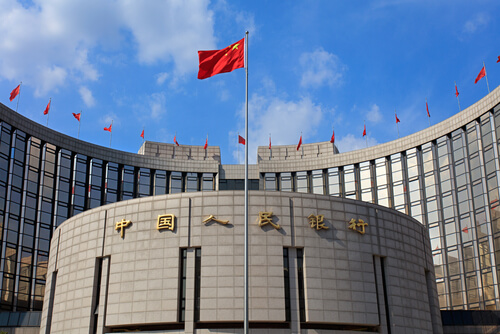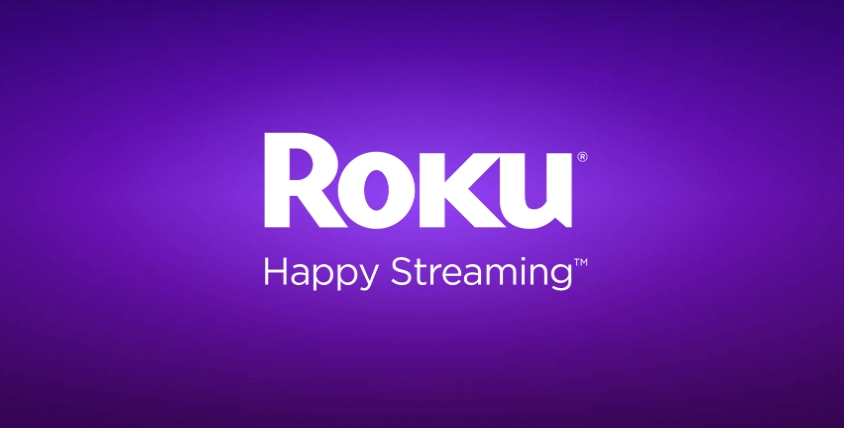JPMorgan economist says China’s stimulus wont do anything for its economy

China’s latest economic policies don’t look like a magic bullet for its struggling economy. Haibin Zhu, the chief China economist at JPMorgan Chase & Co., says these measures are more about reducing risks in the short term than anything else.
China’s $18 trillion economy has been in a slowdown, and while Beijing has introduced rate cuts and other steps since late September, Zhu doesn’t believe the changes will make much difference. “If you’re expecting a game-changing moment, we’re not there yet,” he said.
Zhu compared the current situation to the massive 4 trillion yuan stimulus package in 2008, but he was clear that this time is different. “It’s not a 180-degree policy shift,” Zhu said, pointing out that the government isn’t ready to pump huge sums into the economy just yet.
He explained how recent policies have led to minor upgrades in economic forecasts for China this year, but that enthusiasm is fading as people start questioning whether the government will go all-in on bigger fiscal measures.
Investors still disappointed
Many investors, hoping for a shift toward consumer spending, are not impressed with China’s recent actions. Zhu warned that anyone expecting China to focus more on boosting domestic demand is likely to “continue to feel disappointed.”
U.S. Treasury Secretary Janet Yellen mirrors Zhu’s concerns. She stressed the importance of consumer spending to help China grow without creating global overcapacity. But so far, Yellen hasn’t seen the policy changes she had hoped for.
Instead, China’s government remains focused on upgrading its manufacturing capabilities. Zhu noted that while China’s push to enhance productivity is reasonable, the government should remember that services (not manufacturing) play a critical role in a modern economy.
The service sector accounted for 48% of China’s jobs last year, far surpassing the 29% in industry and 23% in the primary sector, according to the National Bureau of Statistics.
Skepticism over economic growth
China’s target of 5% growth for 2024 already seems ambitious. The country is dealing with weak consumer spending, an uncertain export outlook, and a shaky property market. China responded in late September by introducing a stimulus package, which briefly triggered a stock rally.
But as the excitement faded, it became clear that the support measures weren’t enough. Investors were hoping for more, and now doubts are growing about whether the economy will hit its 5% target.
There are signs of deflation, and concerns are rising that China might slip into a long period of stagnation, much like Japan did after decades of rapid growth.
Before the stimulus measures were announced, most global banks expected China to miss its growth target. New-home prices fell, and consumer confidence dropped to its lowest point in 18 months.
Manufacturing and exports were the government’s main focus, but few believed that would be enough to drive a meaningful recovery.
Fewer than 20% of economists surveyed by Bloomberg expected China’s GDP to expand by 5% in 2024. Bank of America and others questioned why China’s fiscal and monetary policies weren’t doing more to stimulate demand.
While exports hit their highest value in nearly two years, many countries have pushed back against cheap Chinese goods flooding the market.
The country’s Vice Finance Minister Liao Min defended the country’s manufacturing, saying its products provide good value and help control global inflation. But that hasn’t stopped concerns about China’s slowdown from affecting other industries around the world.
A fragile recovery
China’s recovery looks incredibly fragile. Making things worse, the U.S. has been cutting China off from advanced semiconductors and other key technologies, claiming it’s all about “strategic competition.” China, on the other hand, calls it “containment.”
The economic slowdown has hit domestic confidence hard. For the first time in 19 years, China’s bank loans to the real economy shrank this summer.
One area that many were hoping would bounce back quickly was consumer spending. After China lifted its pandemic restrictions in late 2022, there was widespread optimism that a wave of “revenge shopping,” eating out, and travel would boost the economy. But that surge never came.
Instead, people have become more cautious, worrying about weak growth and what it means for unemployment and incomes. The long-running real estate crisis wiped out an estimated $18 trillion in household wealth, pushing people to save instead of spend.
For now, the onus is on Beijing to follow through on its promises with real money and avoid another cycle of disappointment. Goldman Sachs upgraded its forecasts for China’s growth in 2024 and 2025, but even they predict growth will be slightly below 5%.
And while structural challenges, like a shrinking workforce, continue to loom large, it’s clear that China needs to do more if it wants to stabilize its economy and meet its growth targets.








